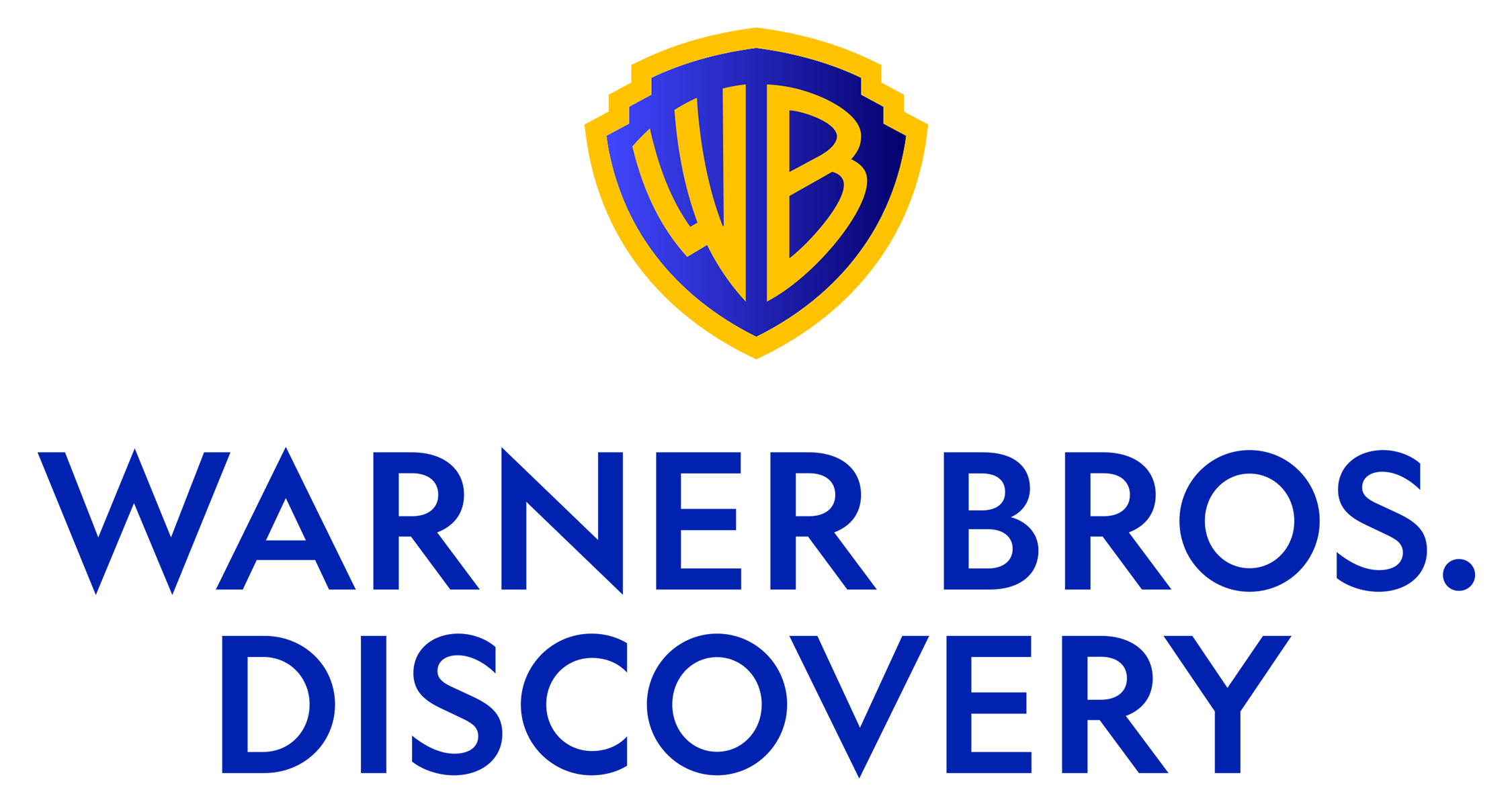CBS joins Comcast to migrate pay-TV model to the Internet

CBS has become the first traditional television network to join with a cable company in attempting to transfer its closed pay-TV subscription business model to the wide open Internet. The network joined Comcast’s On Demand Online Web access experiment, which will be available to 5000 customers using the cable provider’s own Internet connections.
In an urgent attempt to stem the growing tide of viewers now “cutting the wire” to cable service and moving to free programming available on the Internet, Comcast launched On Demand Online. The effort seeks to preserve the cable operator’s subscription model while making premium programming available to its customers on the Internet.
CBS’ participation in Comcast’s trial comes after last month’s joint announcement between Time Warner and Comcast, which introduced a new concept called TV Everywhere. Developed by the two cable operators, the concept’s principles are designed to serve as a framework to make cable programming “free and on-demand” on the Internet.
Of course, the service is only “free” to subscribers of Comcast and Time Warner, a concept that has not gone down well with public interest groups. “It is obvious that their ‘TV Everywhere’ is not TV for everyone,” said Gigi Sohn, president of Public Knowledge, a digital advocacy group. She described On Demand Online as anti-consumer and called on the FCC to investigate the Internet expansion plans of the cable providers.
The cable providers are reacting to a growing trend — fueled by a bad economy — where mostly younger customers are turning off cable service in lieu of free programming on the Internet. “The reality is, we’re starting to see the beginnings of cord cutting where people, particularly young people, are saying all I need is broadband,” said Glenn Brit, president and chief executive of Time Warner Cable, during a company earnings call last February.
The upcoming Comcast experiments are actually more about testing security than programming. “Is there a secure model where the content rights holder knows that the consumer can access the content, and that their content is secure?” Comcast CEO Brian Roberts asked when announcing On Demand Online. “And that’s what this test is going to try to achieve.”
Apparently, Comcast is keeping the trial close to home. The new service will be available only to Comcast customers who subscribe to both its cable TV and broadband services. That means users can get the programming only through the Comcast.net or Fancast.com portals.
The professional video industry's #1 source for news, trends and product and tech information. Sign up below.
During the test, Comcast will authenticate down to the subscriber level to ensure the service will have a higher level of security. Eventually, the cable provider wants to offer the service over any broadband connection. So far, however, it doesn’t have the technology to achieve this.
The test will utilize a log-on system for streaming media and, in the future, will allow users to download content to view anywhere. The service will roll out in phases, adding new features, functionality and content over time.
CBS, the only broadcaster participating in the test, is joining previously announced partners Time Warner, which is offering up programming from its Turner channels and HBO; Liberty Media’s Starz, and channels from Scripps, Rainbow and A&E.
In the past, CBS has been a loner in Internet experiments. The Comcast experiment, in a very limited way, competes with Hulu on the Web, where partners NBC, ABC and Fox provide their own programming. CBS also has its own Web site, TV.com, where its programming is streamed.
Regardless of the online outlet, the networks boost their advertising revenue by extending their programming to the Web. It’s also probable that CBS exacted retransmission fees from Comcast for the right to carry its services.
The Comcast trial service will not cost its cable customers additional fees. During the course of the trial, CBS said it plans to test various types of current and library content. The network has yet to announce which programs from its network lineup will be on the service. CBS-owned Showtime, the pay-TV service, is not included in the initial deal though the network is said to be considering making it part of the lineup.
“CBS is very supportive of initiatives that help extend our content to new platforms in such a way that we gain new audiences and additional value for our advertisers,” said Quincy Smith, CEO of CBS Interactive.
Comcast will begin the trial — the first of its kind — in the coming weeks. On Demand Online is part of Comcast’s Project Infinity, the company’s long-term plan to give its customers video content on multiple platforms, whenever they want it.
